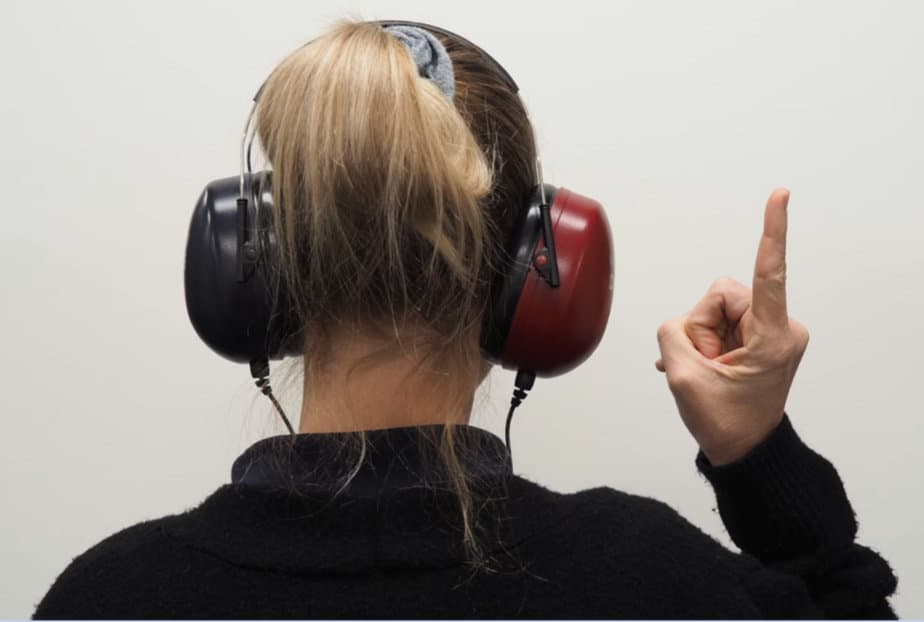Hearing is something we often take for granted, yet its importance cannot be overstated. Good hearing allows us to connect with others, communicate effectively, and enjoy life around us. Unfortunately, hearing loss affects millions worldwide. In this article, our contributor will talk about why you shouldn’t ignore hearing loss and what you can do if you suspect you might have hearing loss.
Image : Mark Paton
1. What Is Hearing Loss?
Hearing loss refers to any decrease in one’s ability to hear sounds. This condition may result from many different sources, including aging, exposure to loud noise, certain medical conditions and genetic inheritance.
There are other forms of hearing loss with various degrees of severity: Conductive loss occurs when there are issues in the ear canal, eardrum or middle ear while Sensorineural loss results from damage in either inner ear or auditory nerve cells whereas mixed hearing loss involves both types.
These outcomes all can have severe ramifications as it would do otherwise with mixed hearing loss taking its toll over time.
2. Consequences of Hearing Loss
Hearing loss has severe ramifications for various areas of our lives and should never be ignored. Here are some hearing loss risks:
1. Social and Emotional Effects
Hearing loss can result in social isolation and withdrawal, difficulty communicating, leading to misunderstandings or frustration between coworkers, as well as anxiety, depression or other forms of mental illness.
2. Cognitive and Mental Health Impacts
Studies have demonstrated the correlation between untreated hearing loss and cognitive decline, likely because your brain must work harder when hearing impairment occurs; consequently leading to mental fatigue as a result.
3. Physical Impacts
Hearing loss can alter our balance, increasing the risk of falls. It may also result in tinnitus – an annoying buzzing or ringing noise within the ears which is both distracting and frustrating – creating physical impacts of its own.
4. Impact of Hearing Loss on Relationships
Hearing loss has the power to impact relationships significantly. Being unable to hear well makes communicating effectively challenging and often results in misunderstandings or frustration. This strains our relationships further while negatively affecting social lives as well as overall well-being.
3. Prevent and Treat Hearing Loss
There are many things you can do to keep your hearing sharp as you age. As well as wearing hearing protection when exposed to loud noise, like at concerts or when using power tools, you should turn down the volume on headphones/earbuds. Here are a few treatment options for hearing loss:
1. Hearing Aids
One of the most prevalent treatments available today are hearing aids, which help amplify sounds and enhance hearing.
2. Cochlear Implants
Cochlear implants may offer one potential solution to people who have severe hearing loss. Implanted surgically, these devices stimulate the auditory nerve in order to deliver sound signals directly into the brain.
3. Assistive Listening Devices
Assistive listening devices such as personal amplifiers and captioning devices may provide vital assistance for individuals living with hearing loss.
Conclusion
Good hearing health is vitally important to our overall well-being, with consequences of hearing loss having severe repercussions for quality of life and enjoyment of the world around us. By taking steps to safeguard and seek treatment if our hearing decreases, we can preserve quality of life while continuing to enjoy life to its fullest. So don’t underestimate its significance; act now to protect both your ears and your wellbeing!
